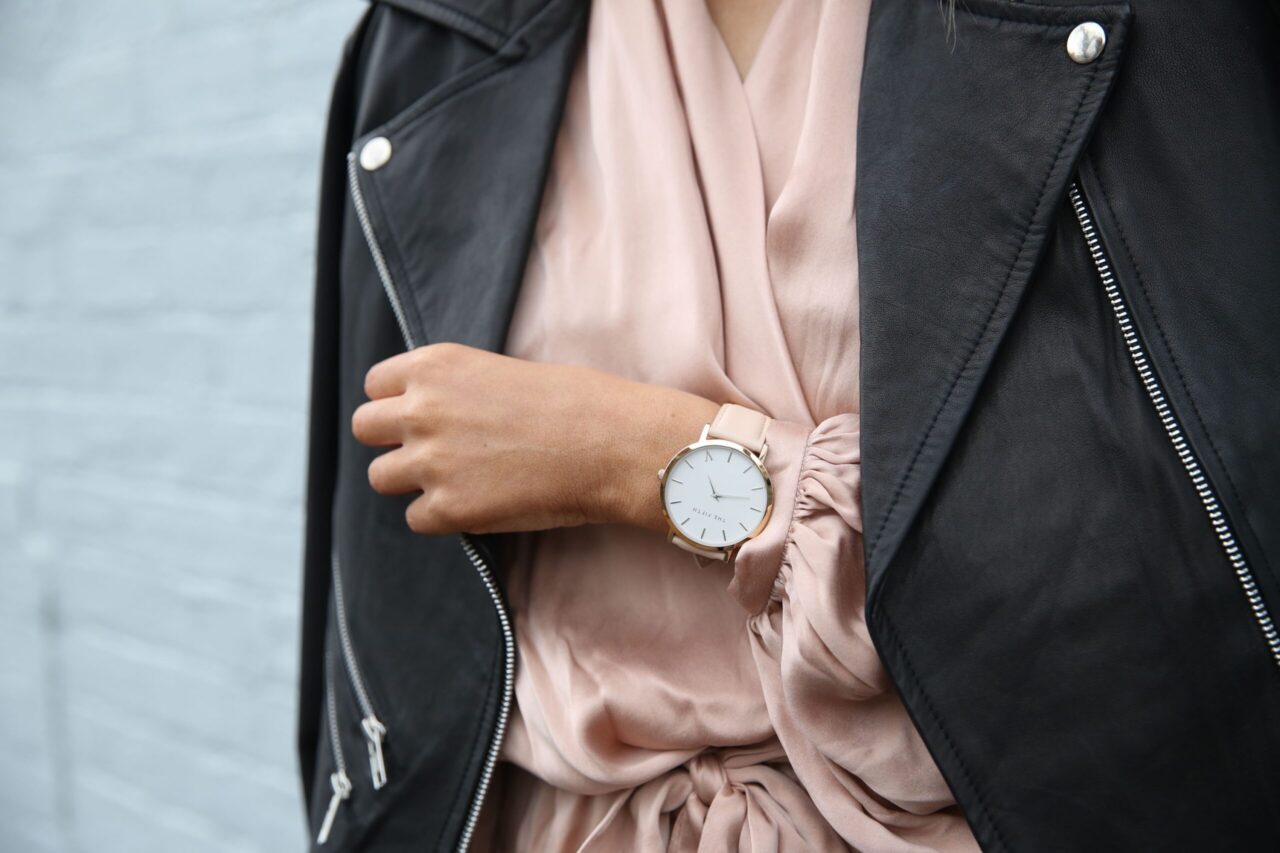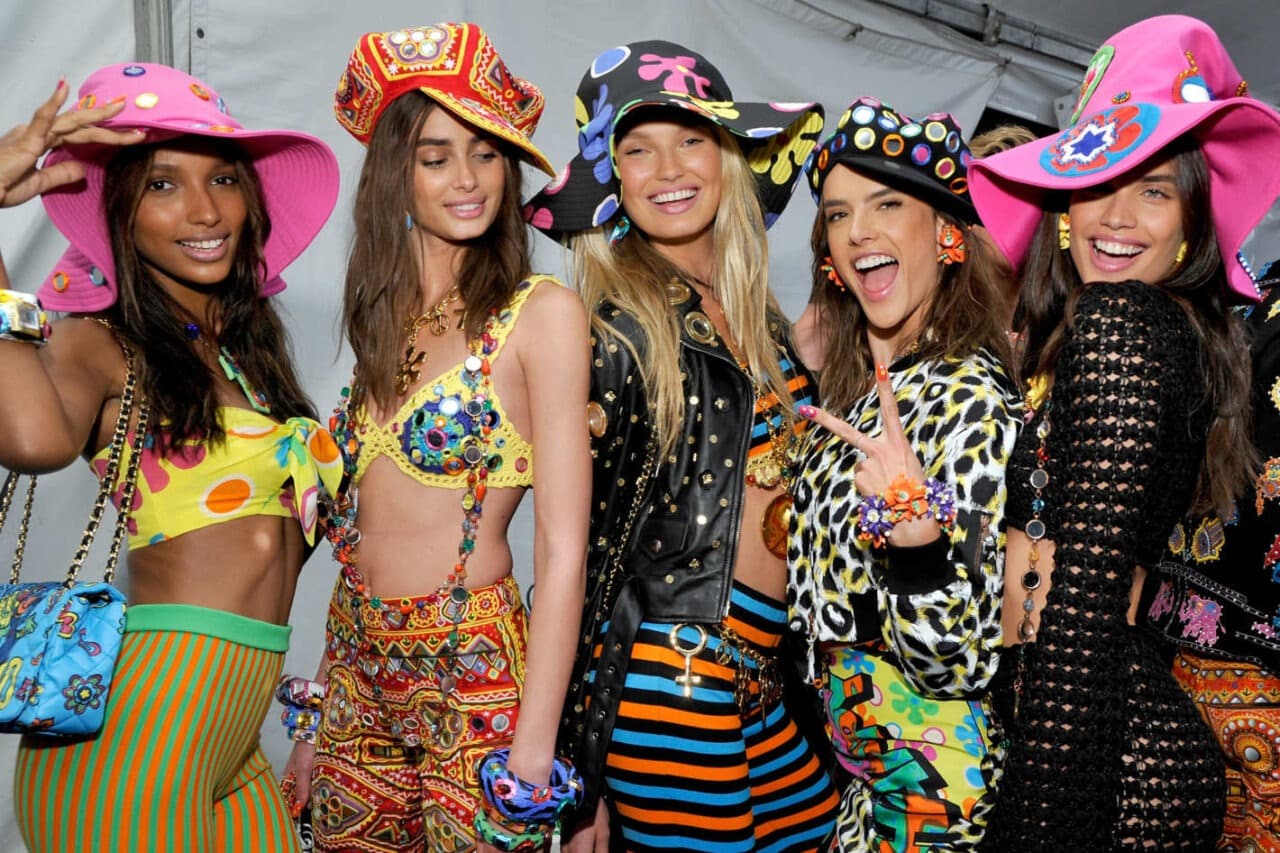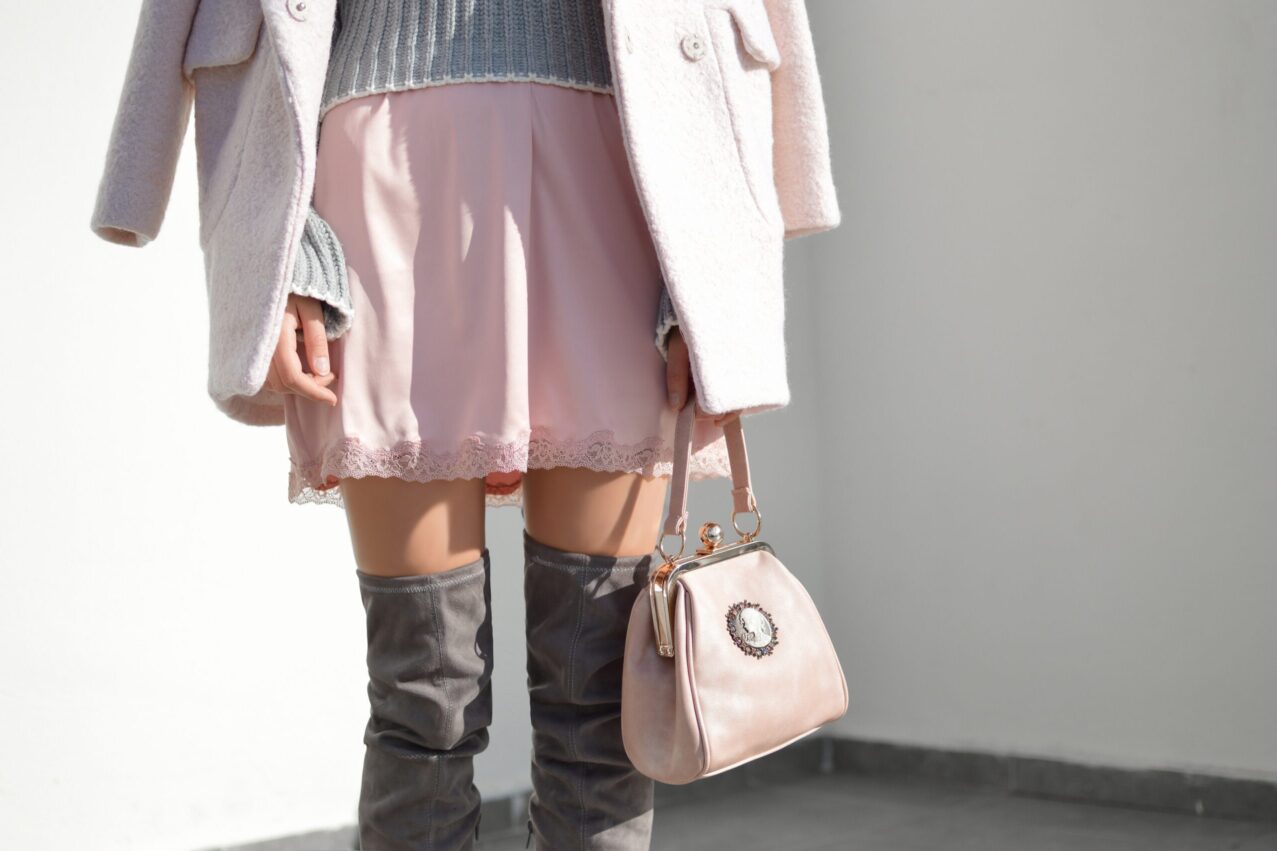Do your outfit choices say more about you than just your favourite colour? We know that clothing can represent factors like social status, wealth, and personality—but what if that’s not all? What if you open the closet door and you are opening the door to your emotional and mental state?
Dr. Jennifer Baumgartner, a clinical psychologist and author of You Are What You Wear: What Your Clothes Reveal About You, discovered that our choice of clothing is a key clue into our psychology. She says, “Shopping and spending behaviours often come from internal motivations such as emotions, experience, and culture.” She focuses on how putting together an outfit is a choice deep-rooted in subliminal behaviours.
Purchasing a shirt is just like any other personal decision, such as selecting a house or a partner. What you choose to wear directly correlates to how you think and feel. Your current style is a summation of your personal past experiences, and your outfit shows how you feel and perceive yourself. It shows how you want to present yourself to the world based on your thoughts and emotions.

It turns out that the reverse is true, too. The clothing that you wear not only demonstrates your mental state but it also influences your cognitive processes.
Scientists from California State University, Northridge, and Columbia University found that wearing formal clothing led to a higher engagement in abstract thinking. Students who wore business attire performed better on tests than those who wore casual clothing: “dress well, test well” was proven true.
The reason for this is that processing style engages cognitive pathways in your brain. These same pathways are connected to higher cognitive activities, such as decision-making and complex global processing. Thus, wearing more stylized or high-end clothing can lend itself to higher methods of thought.
Similarly, the wearer subconsciously personifies their outfit. Dr. Baumgartner wrote: “When you dress in a certain way, it helps shift your internal self.” She even notes how actors get into character better once they are in costume. Imagine if you were dressed as a pirate—do you feel a little more pirate-y? Although it’s a silly example, it’s true. People reflect the clothing they put on. Thus, luxury clothing puts you in the mindset of being more successful and confident, which in turn makes you more successful and confident!
This means that fashion can actually lead to higher thinking, greater career success, and even a happier brain and self.
This idea of “enclothed cognition” demonstrates that clothes are not only a result of your mind at work, but can also be the cause of your thinking. This gives proof that clothing is crucial not only to an outward expression of self, but an inward one as well. You should not just dress for who you are but who you want to be.
Wear clothes that make you feel confident, successful, powerful, sexy, stunning, influential. Dress up—not for others, but for yourself. Your clothing is not just a reflection of who you are but a crucial thread in your self-tapestry. What you wear doesn’t just send a message to those around you—it sends a message to yourself.






